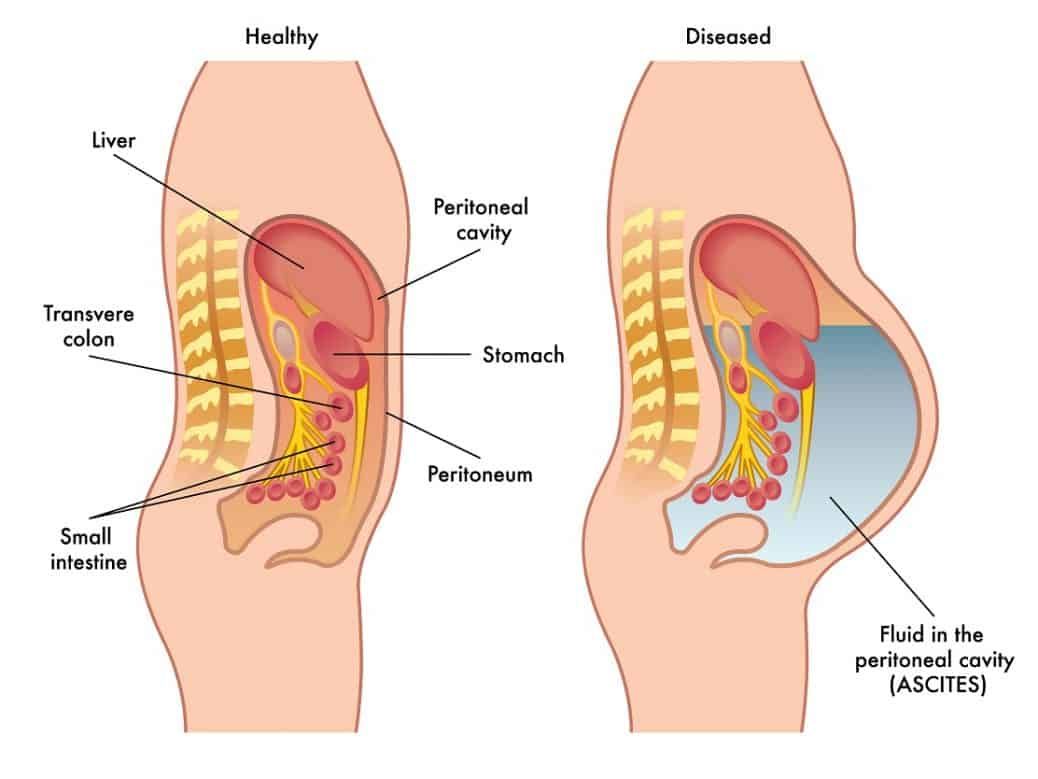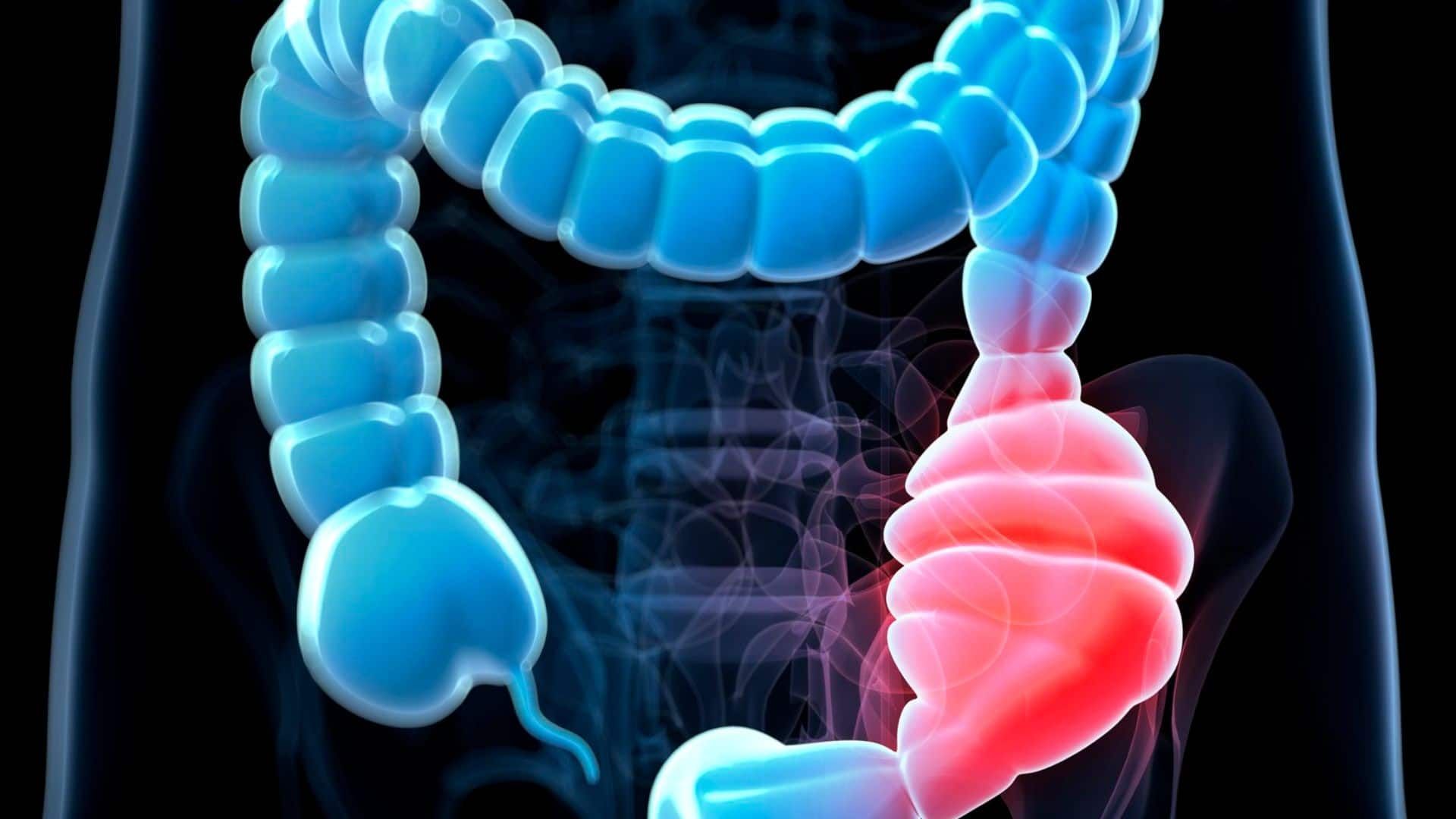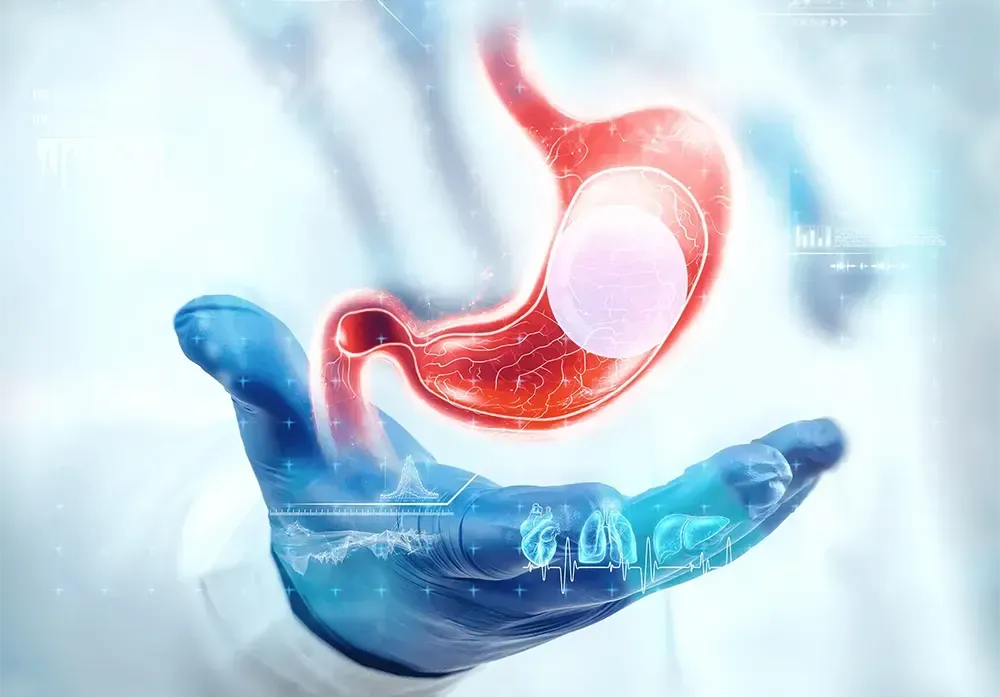Ascites: Understanding the Causes, Symptoms, and Treatment Options

Are you experiencing abdominal swelling and discomfort? It could be a sign of ascites, a condition characterized by the accumulation of fluid in the abdominal cavity. As a gastroenterologist, I want to shed light on this condition and provide you with valuable information about its causes, symptoms, and available treatment options. Read on to learn more about ascites and how it can be managed effectively.
What is Ascites?
Ascites refers to the abnormal accumulation of fluid within the peritoneal cavity, which is the space between the abdominal organs and the abdominal wall. This fluid buildup can occur due to various underlying conditions, such as liver disease, heart failure, kidney disease, or certain cancers.
Causes and Symptoms of Ascites:
The most common cause of ascites is liver disease, particularly cirrhosis. Cirrhosis can result from chronic alcohol abuse, hepatitis, fatty liver disease, or other liver conditions. Ascites can also be caused by heart failure, kidney disease, or malignancies affecting the abdominal organs.
The symptoms of ascites may include abdominal swelling and distension, weight gain, shortness of breath, fatigue, and decreased appetite. In severe cases, the accumulation of fluid can cause discomfort and difficulty in breathing.
Diagnosis and Treatment Options:
To diagnose ascites, a gastroenterologist will perform a physical examination and may order additional tests, including blood tests, imaging studies (such as ultrasound or CT scan), and a diagnostic paracentesis, which involves the removal and analysis of the fluid from the abdominal cavity.
The treatment of ascites focuses on managing the underlying cause and relieving symptoms. This may involve medications to reduce fluid retention, dietary modifications (such as sodium restriction), and procedures such as therapeutic paracentesis or the placement of a peritoneovenous shunt. In some cases, liver transplantation may be necessary for those with advanced liver disease.
Prevention and Lifestyle Changes:
While ascites cannot always be prevented, certain lifestyle changes can help reduce the risk and manage the condition. These include:
– Limiting alcohol consumption or abstaining completely.
– Following a healthy diet low in sodium and saturated fats.
– Managing underlying conditions such as liver disease, heart failure, or kidney disease through appropriate medical care.
– Regularly monitoring and managing weight.
In conclusion, ascites is a condition characterized by the accumulation of fluid in the abdominal cavity, often associated with liver disease, heart failure, or kidney disease. If you are experiencing symptoms of ascites, it is crucial to seek medical attention from a gastroenterologist. Early diagnosis and appropriate treatment can help manage the condition effectively and improve your quality of life.
Sources:
1. Mayo Clinic. (2021). Ascites. Retrieved from
https://www.mayoclinic.org/di
2. American Liver Foundation. (2021). Ascites. Retrieved from
https://liverfoundation.org/f
The post Ascites: Understanding the Causes, Symptoms, and Treatment Options appeared first on Gastro SB.










